きんmedal=gold medal
ぎんmedal=silver medal
てんし=angel
てんじ=exsibition:てんじかい
でんし=electron
こはん=lake side
こばん=gold coin(old)
ごはん=rice,meal
ごばん=Japanese chess’s board
こうはん=half end
こうばん=police station
Electron
きんmedal=gold medal
ぎんmedal=silver medal
てんし=angel
てんじ=exsibition:てんじかい
でんし=electron
こはん=lake side
こばん=gold coin(old)
ごはん=rice,meal
ごばん=Japanese chess’s board
こうはん=half end
こうばん=police station
Electron
もしもし=Hello for telephone
まあまあ=so so
わくわく=exciting shimasu
どきどき=heart beat sound(exciting)
そろそろ
きらきら
くらくら
はらはら
すらすら
ぐるぐる
いろいろ=various=iLOILO
ぺらぺら=fluent=peRAPERA
ぺこぺこ=hungry –oNAKA ga peKOPEKO
からから=thirsty–NOdo ga kaRAKARA
めちゃめちゃ
ぐちゃぐちゃ
ぜんぜん=never
きらきら=twinkle twinkle
ときどき=sometimes
だいたい=almost
めちゃくちゃ
ぱー To become nothing
10まん円が、ぱーです(T_T)

I drew picture above.
But I changed the sentences.I must change my picture,too!
Itchy!
Her knee was bit.
Sun shined so she decided to go to the rock with seven bananas.
Then she found the hatchimal written Q on the rock and 10 botttle of juice around the rock!
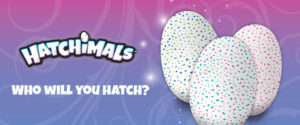

おとうさん=oTOosan=father
NISSAN=日産=にっさん
NIisan=にいさん=elder brother
おにいさん
HONDA=本田=ほんだ
HOnda!=本だ!=ほんだ=It’s book!
HONDA=本田
MATSUDA=松田
TOYOTA=豊田
田んぼ=taMBO=rice fiuld
suZUKI=鈴木
すずき=すず+き=ring+tree
YAMAHA=山葉=やま+は=mountain+leaf
kaWASAKI=川崎=かわさき
kaWA=川=かわ =river
SEIKO=精巧・成功=せいこう
seIKOO=success
suSHI=寿司=すし
suPPAi=すっぱい=sour
saKULA=桜=さくら
saKU=さく=咲く=bloom
つなみ=tsuNAMI
なみ= naMI=wave
てりやき=teLIYAKI
すきやき=suKIYAKI
たこやき=taKOYAKI
どらやき=doLAYAKI
やきとり=yaKITOLI
やきにく=yaKINIKU
やきそば=yaKISOba
やきうどん=yaKIUdon
to bake
おおさか=oOSAKA=大阪
おおきい=oOKIi= 大きい + さか=saKA=slope
ひろしま=hiLOSHIMA
ひろい =hiLOi=広い=wide +しま=shima=island
ながさき=naGAsaki
ながい=naGAi=long
はねだ=haNEDA=はねhaNE=wing
Japanese has high and low pich accent.
High pich hiragana part is written in READ .
And high part is written in CAPITAL.
どうもThanks=Duomo=DOomo<for the answer ofどうぞ <DOozo>=After you,go ahead,this is for you.
DOoom is used especially to the business service,light kindness.
Get it in one go!
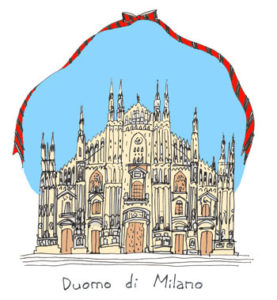
Thank you=ありがとうalligator=aLIgatoo<casual way to say>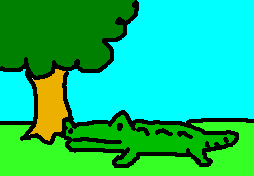
Good morning=おはようOhio=oHAYOO<casual>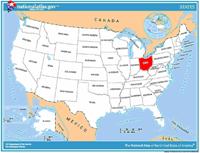
Nice to meet you=よろしくYOLO=yoLOSHIKU
Yes=はいHi=HAi
No,You’er welcome=いえYeah=Ie
house=いえ=iE<
room=へやhair=heYA
to like,to love=すきski=suKI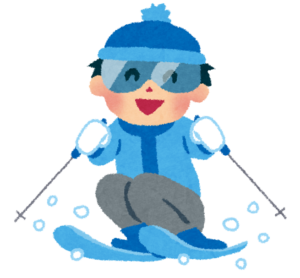
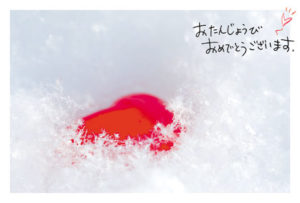
delicious=おいしいoh!***t=oISHIi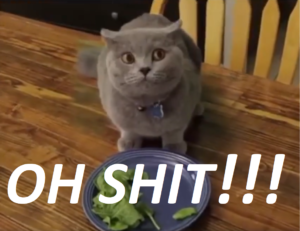
Strange=へんhen=hen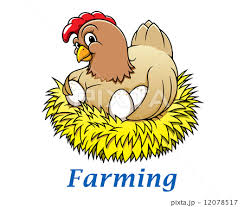
where?=どこ?donde=Doko(de)?(Spanish)
when?=いつ?it’s=Itsu?(London’s shusi bar)
No good,forbidden=だめ!=daME=Dumn!Damn!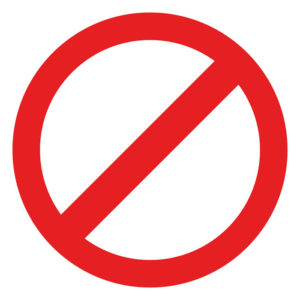
Good example sentence=いい例文(れいぶん)eleven=Ii leibun
Good=いいii=E
No more=もういい(です)=MOo ii(desu)
Are you ready?=もういい(ですか?)?=MOo Ii?⤴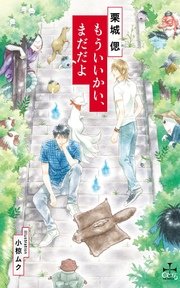
More=もっと ください=MOtto
Little more,peases.=もうすこし、ください=moO sukoshi
polite marker for noun,Adjective=ですdes(k):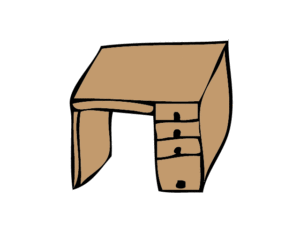
No,thank you.=いいです=Ii des(with jesture)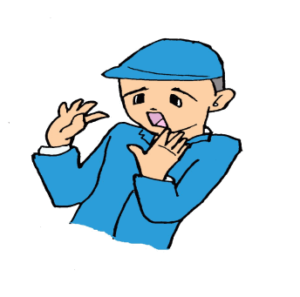
polite marker for verb=ますmas(k),mus(t)
big=おおきいoOKIi=Okey dokey
Sometimes=ときどきtoKIDOKI=Okey dokey
table clock=おきどけい=oKIDOkei=Okey dokey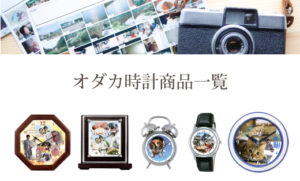
polite marker for English-Japanese word<to do>=~しますshe mus(t)=shiMAsu
not for noun and NAadj=じゃない=jaNAi=deny
terrific=さいこう=saIKOO=psycho
Joke=じょうだん=joODAn=Jordan
boisterous; outrageous; physical; rambunctious; violent=らんぼう=raMBOO 
be good at=じょうず=joOZU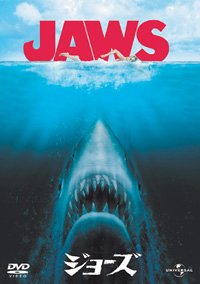
reason=りゆう=riYUU
think=かんがえる=kaNGAEru=kangalu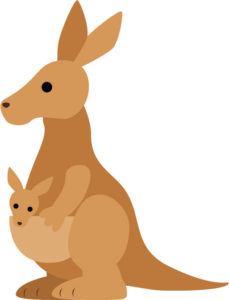
poor=びんぼう=BImboo=Bimbo
name=なまえ=naMAE=name
child=こども=koDOMO=komodo dragon koMODO dragon no koDOMO
koMODO dragon no koDOMO
コモドドラゴンのこども
こもどどらごんのこども
はる=HAlu=conputer in the movie of 2001: A Space Odyssey
なつ=naTSU=nuts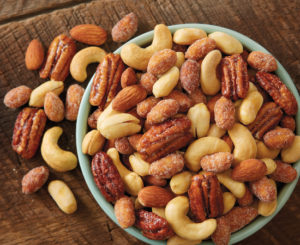
あき=Aki=aKIHAbara
How long=どのくらい?=Don’t cry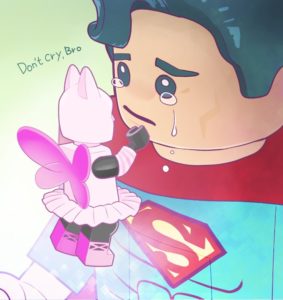
If the CA ask”Chikin to beef, dochira ga yorosgii desuka?”チキンとビーフ、どちらが よろしい ですか?」
You can answer”beef kudasai”=ビーフ、ください。
You can use “beef onegai shimasu”ビーフ、おねがいします,too.This phrase sounds more polite.
CA will say”doozo=どうぞ”=please
You can answer”doomo=どうも”=thanks.
When you move forward,someone is in your way.
You can say”sumimasen”「すみません」
If someone bumped you,the person will say “sumimasen”.
Please reply”Ie”「いえ」
If you want to ask something to cabin attendant,say
“ano,sumimasen”
CA will answer”Hai”
“******,kudasai”–you can put the word that you want for example ear phone,blanket,oshibori=wet tissue,pirrow,etc
If you want to leave your seat and you seat is not aisle,
“sumimasen,(chotto,iidesu-ka?)”
1)You will be welcomed by cabin attendants”go-toojoo arigatoo gozaimas(u)”
Let’s say”Ohayoo gozaimas”in the morning(till 11:00ap)
“KoNnichiwa”after 11:00ap-7:00pm
“Kombanwa”when it’s dark.
But if you can not remember those sentences,you can say “doomo”instead of those sentences.
You=anata
I=watashi
Of course we have the word anata and watashi.
But Japanese language does not want to say watashi and anata especially anata because it sounds rude in the conversation but in the song etc.
Hajimemashite.
Watashi wa Sally des(u).
is not common but
Hajimenashite.
Sally des(u).
And
Sumimasen,anata wa John san desu ka?
is not common and sounds rude.
Sumimasen,John san desu ka?
is natural and common and proper.